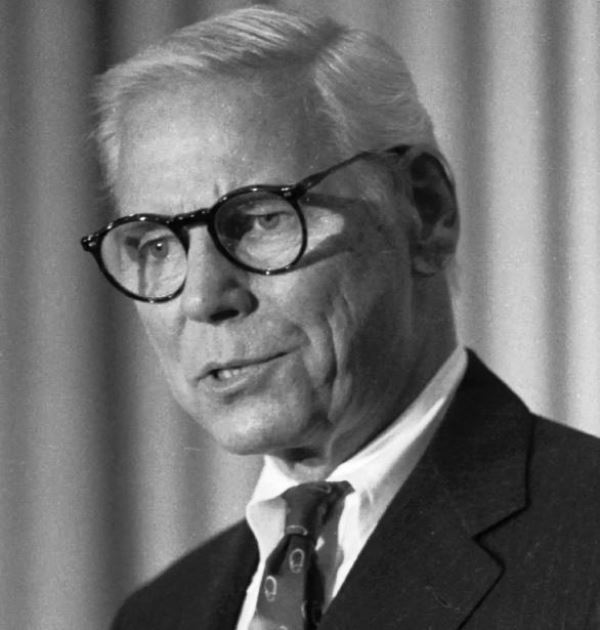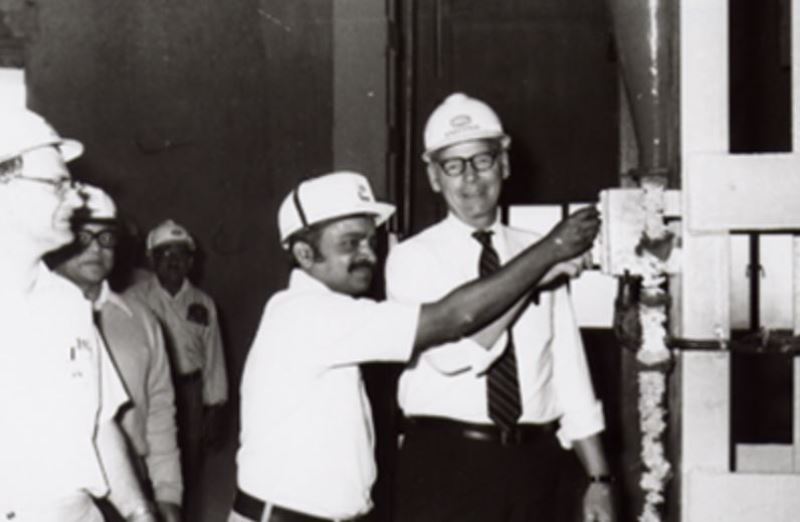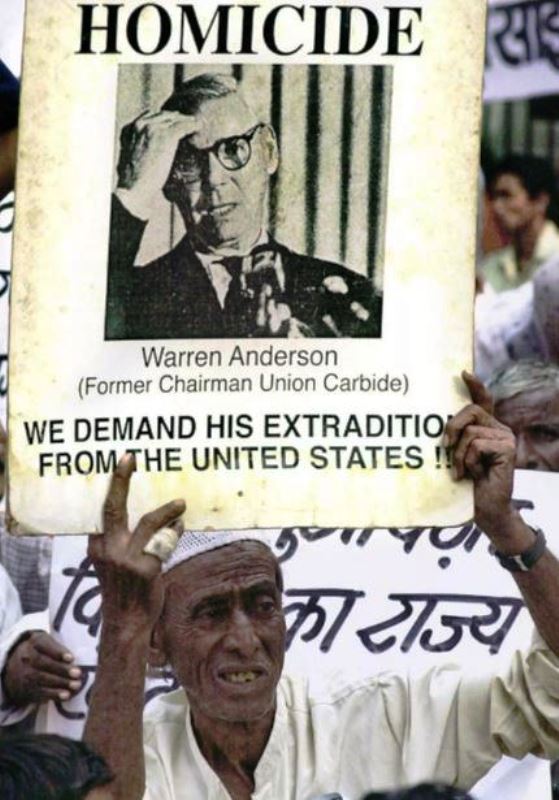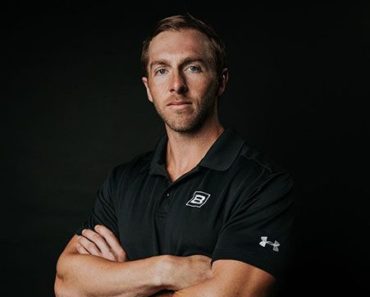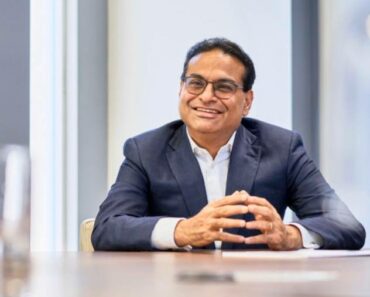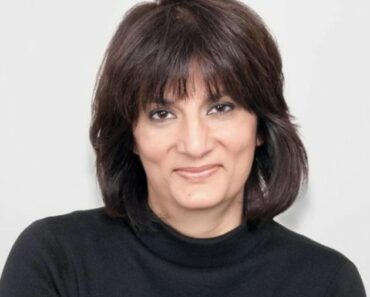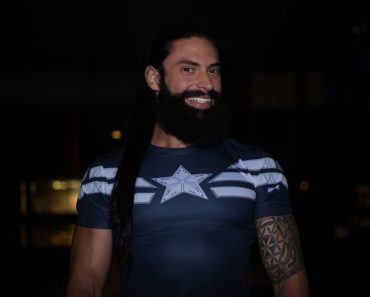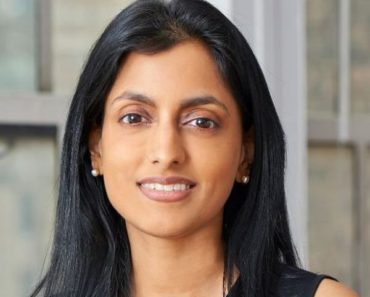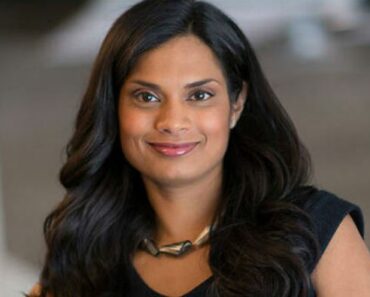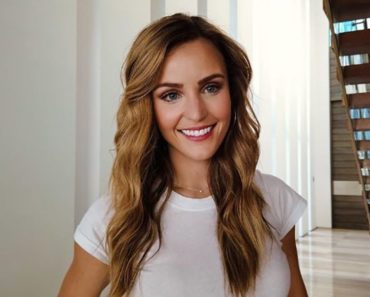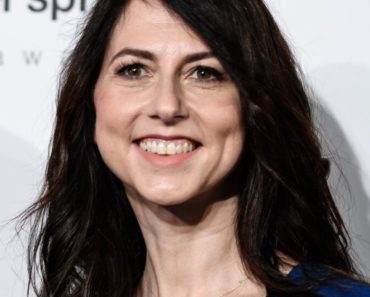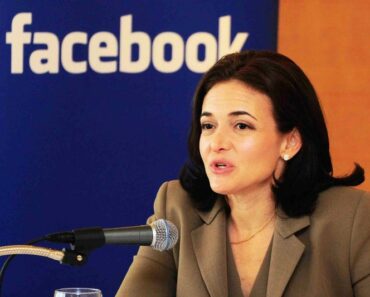Warren Anderson (1921 -2014) was an American businessman who was the Chairman and CEO of the chemical company Union Carbide Corporation (UCC) at the time of the 1984 Bhopal Gas Tragedy.
Contents
Wiki/Biography
Warren Martin Anderson [1]The Telegraph was born on Tuesday, 29 November 1921 (age 92 years; at the time of death) in Brooklyn, New York City, U.S. His zodiac sign was Sagittarius. Growing up, he helped his father, a carpenter, install floors and deliver copies of the newspaper The Brooklyn Eagle. He won academic and sports scholarships to Colgate University in New York, where he majored in chemistry. While working for Union Carbide, he earned a law degree from Western Reserve University (now Case Western Reserve) in Cleveland, Ohio in 1956. [2]The New York Times.
Family & Ethnicity
Parents & Siblings
His parents were Swedish immigrants who lived in the Bay Ridge, New York City borough of Brooklyn. His father worked as a carpenter.
Wife & Children
His wife’s name is Lillian Anderson. They had no children. [3]The Telegraph
Career
Early Career and Joining Union Carbide
Following his graduation in 1942, he joined the Navy and trained to be a fighter pilot, but he never saw combat. He played football for a Navy squad, which had the renowned Bear Bryant as its coach. After his discharge, he visited various chemical companies and accepted the first job offered to him, which happened to be with Union Carbide. He began his career as a salesperson and eventually managed operations in Europe, Latin America, Africa, and the Middle East. He held roles in the company’s chemicals, plastics, gas, metals, and carbon divisions.
Anderson spent his life working hard to move up in Union Carbide. Before the accident, his main worry was that the company didn’t make as much money as they expected. In 1979, when he was president and chief operating officer, the company thought they would make $13 billion in sales by 1983. But they only made around $9 billion, and profits went down by more than 90 percent. When he became chairman and chief executive in 1982, he made the company more efficient, increased sales, and bought several other companies, including STP Oil. Thereafter, Union Carbide started to gain a reputation as a polluter. Before the tragedy, Anderson was in charge of 700 plants in more than three dozen countries.
1984 Bhopal Gas Tragedy
On the night of 2–3 December 1984, a chemical accident happened at the Union Carbide India Limited (UCIL) pesticide plant in Bhopal, Madhya Pradesh in which over 500,000 people in the small towns around the plant were exposed to the highly toxic gas methyl isocyanate (MIC). The tragedy is considered one of the world’s most lethal industrial accidents. More than a half-million people were injured, with over 3,000 dying from illnesses including lung cancer, kidney failure and liver disease.
Indian photojournalist Raghu Rai’s famous photograph ‘Burial of an Unknown Child,’ which became the icon of the 1984 Bhopal gas tragedy
It was reported that the disaster was a result of inadequate management and deferred maintenance. As the UCC CEO, Anderson was charged with manslaughter and an FIR was lodged against him in Bhopal’s Hanumanganj Police Station. He reached Bhopal four days after the accident and was immediately arrested. On the same day, he was released on bail bond, escorted to Delhi in a special govt aircraft, and allowed to leave the country. He never returned to India to face trial. It was alleged that he escaped extradition with the support of the United States government. In 1987, CBI filed a chargesheet against Anderson and 11 other accused including UCC (USA), Union Carbide (Eastern) Hong Kong, and UCIL. In February 1989, CJM, Bhopal issued a non-bailable warrant against Anderson for repeatedly ignoring summons. In the same year, Union Carbide paid $470 million to the Indian government to settle the litigation. However, many people in India, encouraged by politicians and the news media, never stopped urging the prosecution of Anderson. Arrest warrants were periodically issued against him. In April 2002, survivors of the tragedy staged a month-long protest in Delhi against the dilution of charges against Anderson.
In August 2009, an Indian court issued an arrest warrant for Anderson and ordered India’s government to press Washington for his extradition. Union Carbide defended him saying that managers at the company’s plant in Bhopal could not have anticipated the gas leak.
Retirement and Later Years
He eluded numerous summonses by Indian courts by quietly living and migrating between his homes in Vero Beach, Greenwich, Connecticut, and Bridgehampton, New York. [4]The Economic Times He spent the later years of his life gardening and fishing with his wife. He also baked Swedish bread, following an old family recipe.
Death
On 29 September 2014, at the age of 92, Warren Anderson died at a nursing home in Vero Beach, Florida, US. At that time, he was wanted in India in connection with the 1984 Bhopal gas tragedy. Before his death, the Indian government had made multiple requests to extradite him and had officially labelled him a fugitive. An Indian judge also referred to him as an absconder. His death was not announced by his family, and it went largely unnoticed until an article surfaced in Vero Beach 32963, the weekly publication covering the Vero Beach barrier island. [5]The New York Times
Facts/Trivia
- His parents named him after Warren G. Harding, who was the president at the time.
- An article in The Times in 1984 stated that a paperweight on Anderson’s desk quoted his favourite Chinese proverb,
Leader is best when people barely know he exists.”
References
| ↑1, ↑3 | The Telegraph |
|---|---|
| ↑2, ↑5 | The New York Times |
| ↑4 | The Economic Times |

